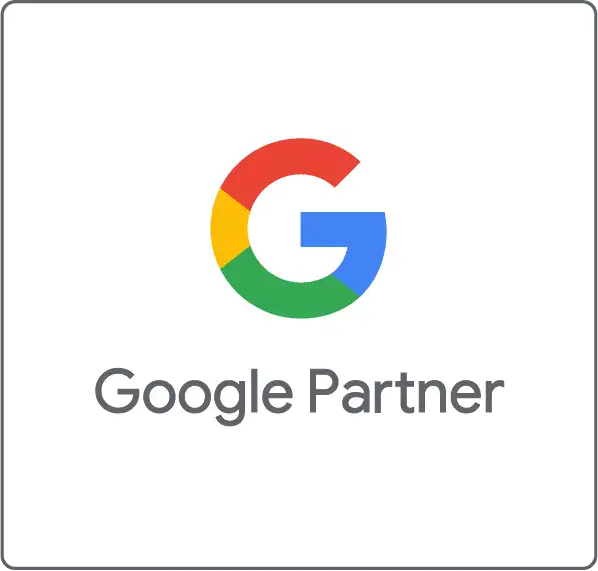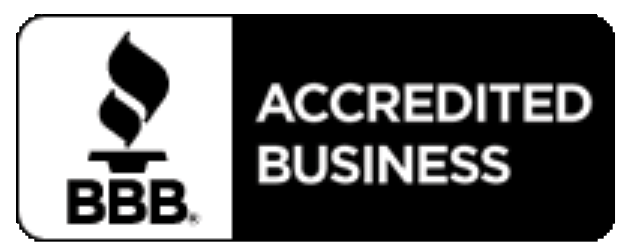The programmatic ecosystem is such a quickly evolving space. Companies come in and out, while others change their offering. Recent news about Rubicon and Turn illustrate this change.
Mergers and Acquisitions
We’re in a moment where mergers and acquisitions are happening. Turn is a major DSP, selling a separate data management platform (DMP), and they sold to Amobee’s parent company Singtel, out of Singapore, for $300MM. Companies like The Trade Desk are in a great place as they recently went public. We’ll continue to see companies either getting bought or going public. In Q4 of last year TubeMogul sold to Adobe. In the last few years we’ve seen large technology companies buy these pure-play advertising companies. Blue Kai (data exchange), AddThis (social data collector), Crosswise (cross device identity mapping), Datalogix (data provider) were all bought by Oracle between 2014 and 2016.
Opportunity For Smaller Programmatic Technologies
The Trade Desk, despite being public, are sort of the up and comers in the space. I think of them as the second generation of DSPs, with the first being MediaMath, Turn and Dataxu. The Trade Desk is building for the long haul, and they didn’t get caught up in the early rush. Another company that I think about as the second generation of DSP is Choozle. They have some great tech, and they are innovating in ways that position them as a big player in the coming years among mid size agencies.
Rubicon Challenges
What we love about the programmatic space is the quickness of innovation. Rubicon recently shared news they are restructuring, which is a downside of aggressive product development over the last few years. They will focus on their core business on the supply side, and exit the demand side business. They moved away from their Chango acquisition, laid off 19% of their employees, and are doubling down on the supply side, while also exploring strategic options. You can read an interview with Rubicon’s CEO, Frank Addante in MediaPost.
Buyer will ask if there’s a potential risk here. That depends on the buyer’s position in the marketplace. If the buyer has a direct relationship with Rubicon there should be some candid conversations about the terms of financial agreements regarding media, pre-payments and contingency plans. For other buyers, who may have relationships with trading desks like MediaMath, Turn and The Trade Desk there isn’t much of a problem. Most agreements are such that payment to the DSP limits the buyers liability, as the DSP must turn around and pay their inventory and data providers. In short most buyers won’t be impacted by turbulence at Rubicon.
Mitigating Rubicon Risk
This Rubicon news is standard for the ebb and flow of programmatic technologies that operate on the cutting edge of advertising solutions. It’s unfortunate to see a pioneer like Rubicon to have these challenges, but trading desks benefit from multiple, and sometimes redundant set of solutions. Media buyers with DSP relationships have a diversified set of partner relationships, of which Rubicon is one in a supply chain of hundreds of partners. Add up all the digital data suppliers, inventory suppliers and partners for safety, viewability and fraud prevention and there are hundreds of partners in the supply chain.
There are four takeaways for me on the programmatic ecosystem:
- Don’t worry about the big ups and downs in the programmatic ecosystem if you are on the buy side
- Do plan for rapid ecosystem changes by diversifying your buying partners; developing a redundant and diversified supply chain
- Look for up and coming solutions to fit niche needs
- Continually test solution sets and be aware as new players enter the space and existing players evolve



